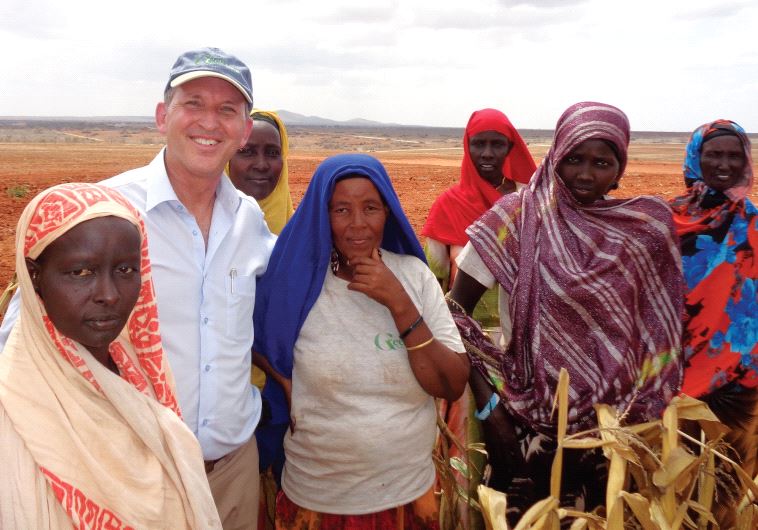Mashav: Israel’s Agency for International Development Cooperation
Some 300,000 people have been trained, leaving them as goodwill ambassadors for Israel and empowered to develop and build.
 MASHAV trains women from around the world so they can be agents for change in their communities
MASHAV trains women from around the world so they can be agents for change in their communities